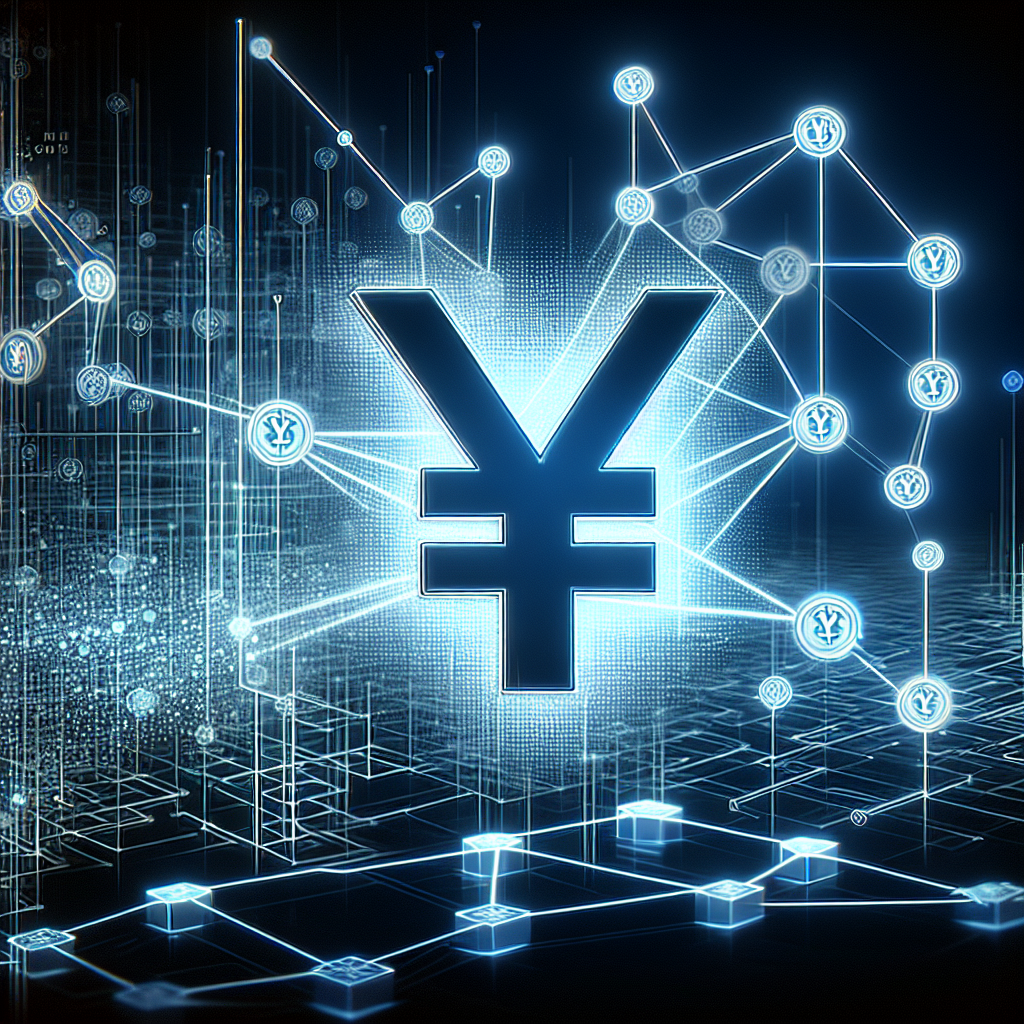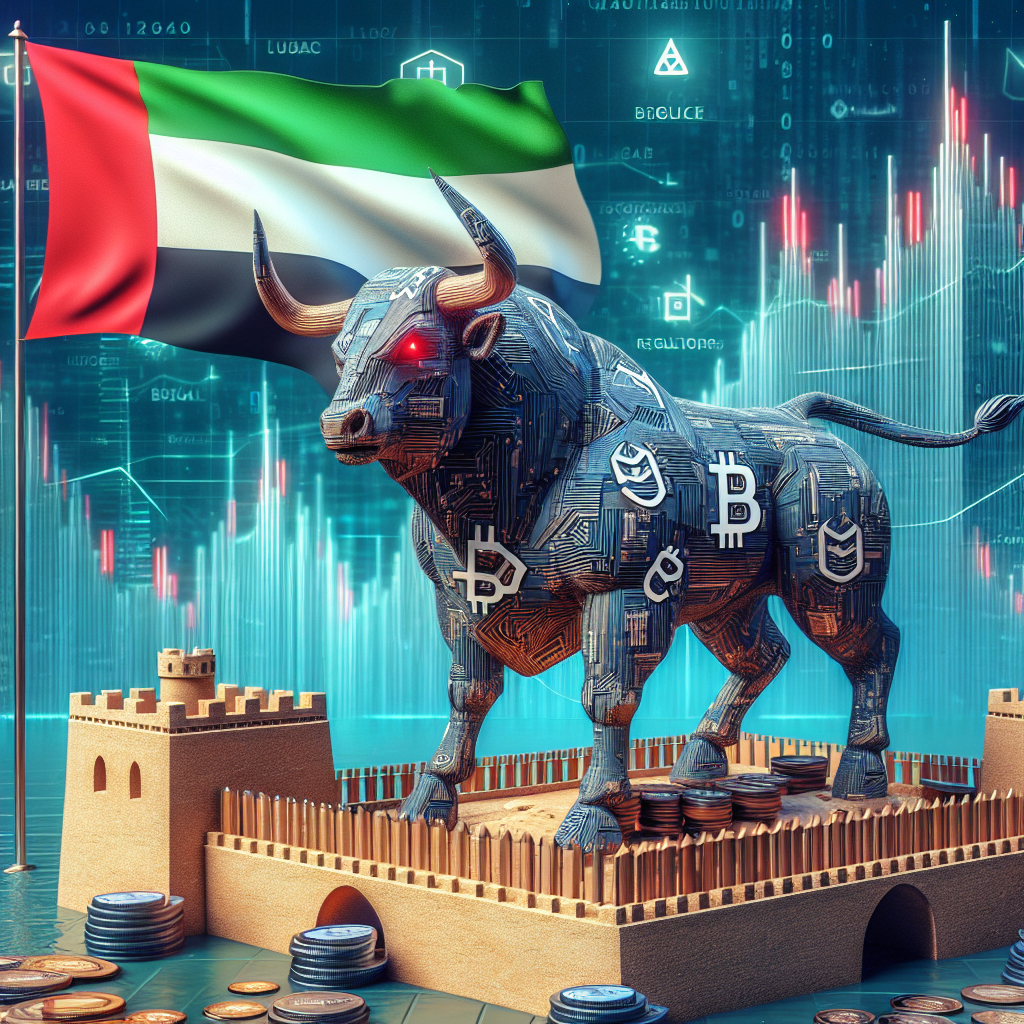PayPal’s Integration of PYUSD with Solana Blockchain: A Game-Changer for Cost-Effective Transactions
PayPal, the global leader in online payment solutions, has recently announced its integration of PYUSD with the Solana blockchain. This move is set to revolutionize the way transactions are conducted, offering users a more cost-effective and efficient payment experience.
The Solana blockchain is known for its high-speed and low-cost transactions, making it an ideal platform for PayPal to expand its services. By leveraging the Solana blockchain, PayPal aims to provide its users with faster and cheaper transactions, ultimately enhancing the overall customer experience.
One of the key advantages of this integration is the reduction in transaction fees. Traditional payment systems often charge high fees for cross-border transactions, making it costly for businesses and individuals to send and receive money internationally. With the Solana blockchain, PayPal can significantly lower these fees, making it more affordable for users to conduct transactions across borders.
Moreover, the integration of PYUSD with the Solana blockchain will also enable faster transaction processing times. Traditional payment systems often suffer from delays and bottlenecks, resulting in slower transaction speeds. By utilizing the Solana blockchain’s high-speed capabilities, PayPal can ensure that transactions are processed quickly and efficiently, reducing waiting times for users.
Another significant benefit of this integration is the increased security and transparency it offers. The Solana blockchain is built on a decentralized network, making it highly resistant to hacking and fraud. By leveraging this technology, PayPal can enhance the security of its transactions, providing users with peace of mind when conducting online payments.
Furthermore, the integration of PYUSD with the Solana blockchain opens up new opportunities for PayPal to expand its services. The Solana blockchain is known for its scalability, allowing for a large number of transactions to be processed simultaneously. This scalability feature enables PayPal to handle a higher volume of transactions, accommodating its growing user base and facilitating its expansion into new markets.
Additionally, the integration with the Solana blockchain aligns with PayPal’s commitment to sustainability. Traditional payment systems often consume a significant amount of energy, contributing to carbon emissions and environmental degradation. The Solana blockchain, on the other hand, utilizes a proof-of-stake consensus mechanism, which is more energy-efficient and environmentally friendly. By adopting this technology, PayPal can reduce its carbon footprint and contribute to a more sustainable future.
In conclusion, PayPal’s integration of PYUSD with the Solana blockchain is a game-changer for cost-effective transactions. By leveraging the high-speed, low-cost, and secure capabilities of the Solana blockchain, PayPal can provide its users with a more affordable and efficient payment experience. This integration not only reduces transaction fees and processing times but also opens up new opportunities for PayPal’s expansion and aligns with its commitment to sustainability. As the world becomes increasingly digital, PayPal’s integration with the Solana blockchain positions the company at the forefront of innovation in the online payment industry.




